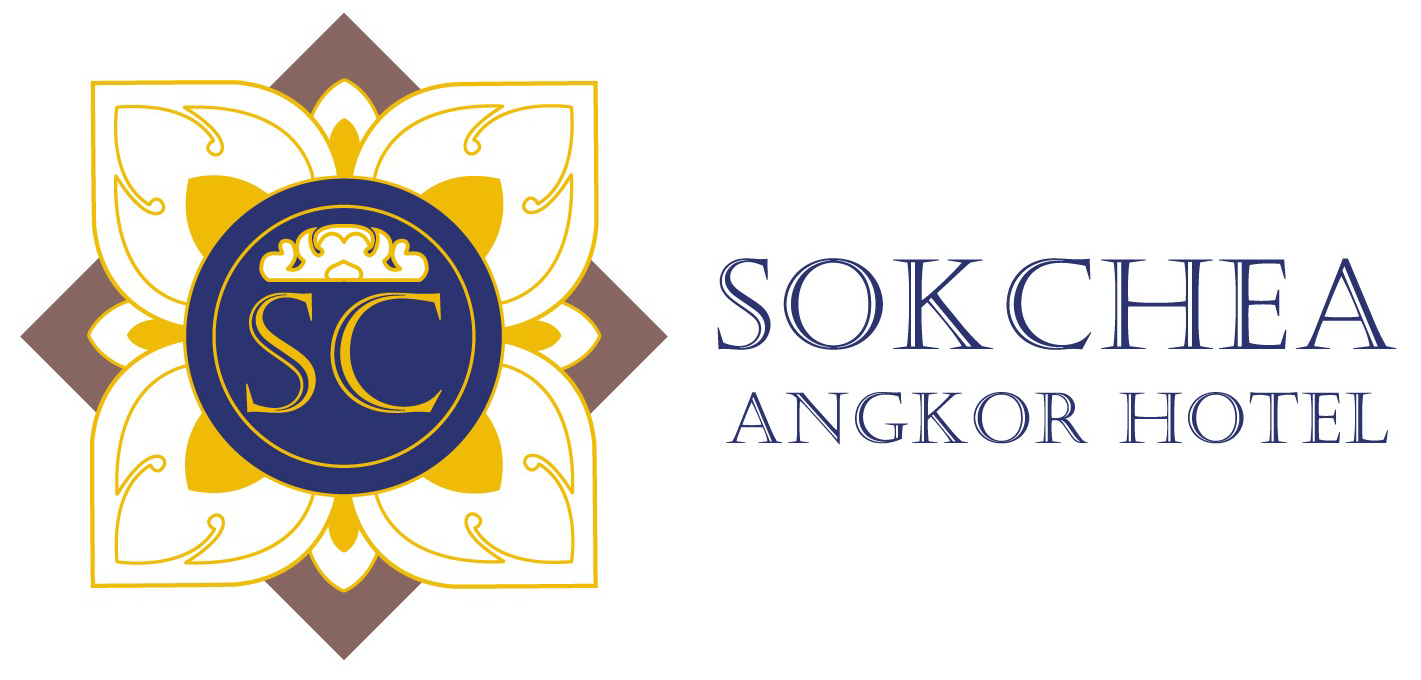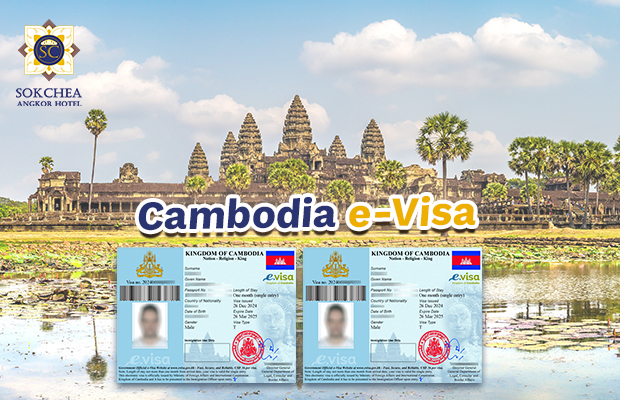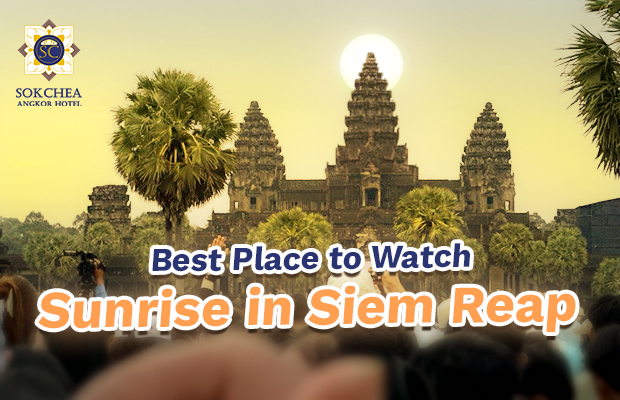The Sea Festival 2024, marking its 11th edition, will take place in Kampot province from December 13 to 15. This year’s theme, “Celebrating Heritage and Coastal Sustainability,” reflects the festival’s focus on honoring the region’s rich maritime traditions while highlighting the importance of preserving coastal environments. Attendees can look forward to a vibrant array of activities that celebrate both cultural heritage and sustainable practices.
Organized by a coalition including the Ministry of Tourism, the Ministry of Culture and Fine Arts, and the Provincial Administration of Kampot, the festival is supported by various institutions and private sector partners. This collaboration underscores a unified commitment to showcasing Cambodia’s maritime heritage and promoting coastal sustainability.
A significant highlight of the event will be the official Opening Ceremony on December 14, presided over by Prime Minister Hun Manet and First Lady Pich Chanmony. Their participation emphasizes the festival’s role in fostering national pride and cultural heritage while reinforcing the commitment to environmental stewardship.
The festival promises an exciting lineup of activities, including live concerts featuring local and international artists, vibrant performances, and spectacular fireworks displays. Visitors can also participate in sports competitions, explore exhibitions showcasing tourism and local products, and indulge in a variety of food and beverage offerings. These events aim to provide a comprehensive experience of Cambodia’s coastal culture and attractions.
Since its inception in 2011, the Sea Festival has been held in rotation across Cambodia’s four coastal provinces: Preah Sihanouk, Kep, Koh Kong, and Kampot. The festival aims to highlight the tourism potential of these regions while fostering collaboration among the private sector, public entities, and various stakeholders, ultimately encouraging efforts to protect and preserve marine resources and beach environments.
With a coastline spanning approximately 450 kilometers across these provinces, Cambodia boasts stunning natural beauty and diverse marine ecosystems. The country’s dedication to its coastal areas was further recognized when it joined the Most Beautiful Bays in the World (World-Bays Club) in mid-2011.
The Sea Festival 2024 aims to celebrate the rich cultural heritage of Cambodia’s coastal regions while promoting sustainable tourism practices. By blending cultural festivities with environmental awareness, the festival seeks to enhance public understanding and involvement in preserving these vital natural resources.
This year’s event in Kampot promises to be a memorable celebration, combining entertainment, culture, and sustainability to highlight the beauty and significance of Cambodia’s coastal regions







